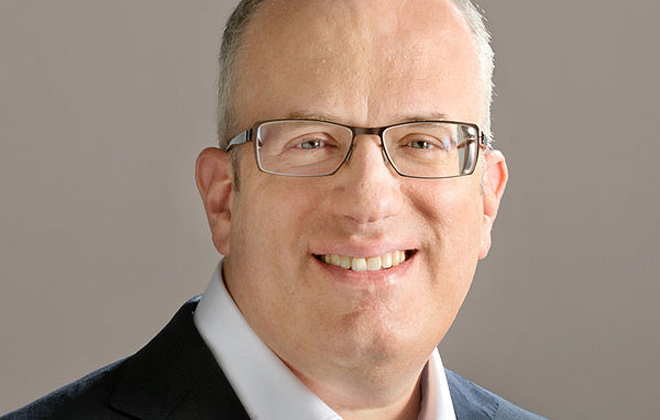Mozilla chief executive, a gay-marriage foe, steps down

Brendan Eich, the developer of the javascript language, resigned under pressure as chief executive of Mozilla Corp. over his donation in support of Proposition 8 in 2008.
A little more than a week after becoming chief executive of Mozilla Corp., Brendan Eich is stepping down after an intense debate over his belief that same-sex couples should not be allowed to marry.
After his appointment as the software company’s new chief, Eich came under heavy fire from employees and the public for making a $1,000 contribution in 2008 to support a ban on same-sex marriage in California under Proposition 8.
In an interview Tuesday, Eich defended his views, saying that he was capable of separating his personal beliefs from those of the business he is running. Mozilla makes the popular Firefox Web browser and is considered a pioneer in open source, a collective development process now common in the tech industry.
When asked Tuesday if he might resign, he said that would leave it up to the Mozilla board to decide.
"I serve at the pleasure of the board. I would have them ask me to step down," he said. "Until then I have to be CEO 100 percent."
In a blog post on the company’s website, Mitchell Baker, the executive chairwoman of Mozilla, said Mozilla did not act quickly enough to respond to criticism of Eich.
Don't miss out on what's happening!
Stay in touch with breaking news, as it happens, conveniently in your email inbox. It's FREE!
"We didn’t act like you’d expect Mozilla to act," Baker said. "We didn’t move fast enough to engage with people once the controversy started. We’re sorry. We must do better."
While Baker did not say directly that Eich’s beliefs regarding same-sex marriage did not reflect the company’s ideals, she noted that Mozilla, based in Mountain View, Calif., is a company that promotes openness and equality.
"Mozilla believes both in equality and freedom of speech. Equality is necessary for meaningful speech. And you need free speech to fight for equality," she wrote. "Figuring out how to stand for both at the same time can be hard."
Eich’s viewpoint on Proposition 8 appears to have been unusual in Silicon Valley. A number of tech executives and companies, including Appleand Google, donated money to oppose the 2008 measure and openly campaigned against it.
"Apple was among the first California companies to offer equal rights and benefits to our employees’ same-sex partners, and we strongly believe that a person’s fundamental rights — including the right to marry — should not be affected by their sexual orientation," Apple said in a statement at the time.
Apple donated $100,000 to oppose the measure, and Google’s co-founders, Sergey Brin and Larry Page, had also reportedly donated a combined $140,000 to fight the bill.
While Proposition 8 passed in 2008, it was later overturned in federal court.
Since Eich was appointed chief executive, a number of current Mozilla employees took to Twitter to air their views about the board’s choice, with several voicing concern about the appointment, and some employees even suggesting Eich should step down.
John Lilly, the former chief executive at Mozilla, linked on Twitter to the blog post about Eich’s resignation and wrote, "Tough times, but reflects so much of what I love about the organization."
Rebecca Rolfe, executive director of the San Francisco LGBT Center, said California is a state that values openness and fairness and companies should practice those same values.
"We see a lot of corporations now providing support for their LGBT employees and the LGBT community. It’s important to recognize all types of unions," she said, using an abbreviation to refer to gays, lesbians, bisexuals and transgendered people. "For Mozilla to recognize that is important as well."
Mike Manning, a Mozilla spokesman, said that Eich would not be available for comment and that the company blog post would be the only statement made by Mozilla.
Baker said in the post that Mozilla had not yet decided who would take over the position of chief executive, and that the company’s board would meet to discuss a new appointment.
"We will emerge from this with a renewed understanding and humility — our large, global, and diverse community is what makes Mozilla special, and what will help us fulfill our mission," she wrote. "We are stronger with you involved."
© 2014 The New York Times Company





